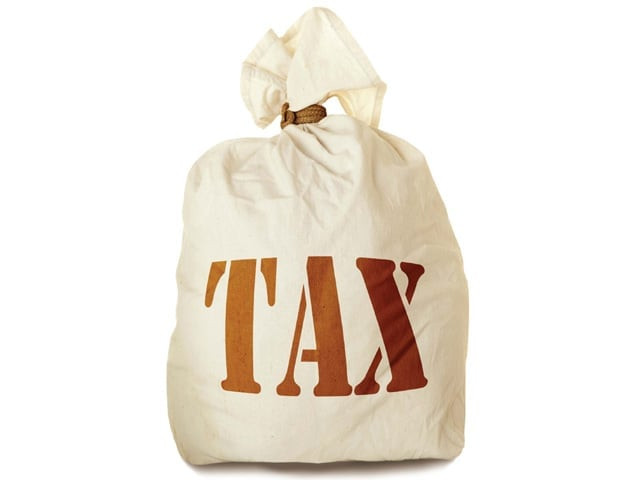Serving special-interest groups
Whichever industry can pull strings and lobby the right quarters can get all kinds of concessions and exemptions.

One has to wonder how the minister of finance, who is seen to be a competent and very honest individual, agreed to this, or was the lobbying done perhaps at a higher level? The impression, unfortunately, that one gets as a result of this is that Pakistan’s economic policy making and implementation serves at the pleasure of special-interest groups, and these are usually well-connected and look out only for their own interests. Another example that comes to mind is what happened to the budget last year when it came to light that the armed forces had asked for additional funding to the tune of several billion rupees and this had been approved (a formality, of course) without anyone one making even the slightest whimper. The government had claimed that the increase in the rate of sales tax on these goods would enable it to collect an extra Rs7.5 billion in taxes and it remains to be seen how this will be done. One suspects that, yet again, the additional burden will fall on ordinary Pakistanis.
Published in The Express Tribune, April 4th, 2011.















COMMENTS
Comments are moderated and generally will be posted if they are on-topic and not abusive.
For more information, please see our Comments FAQ